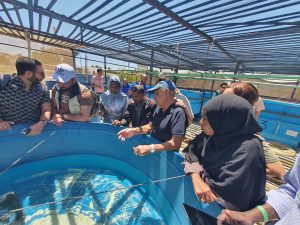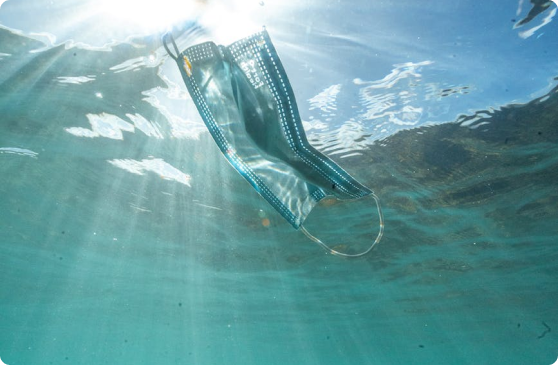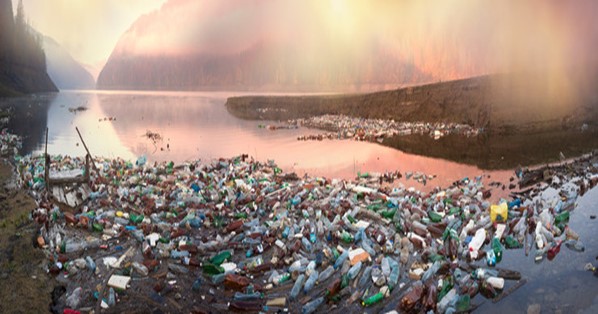LBA Program overview & vision

Protection from land base activities
Regional collaboration for protecting the marine environment in the PERSGA region has started in the early 1970s in the framework of the Red Sea and Gulf of Aden Environment Program. This has been given a legal framework in the Jeddah convention in 1982. Recently all PERSGA countries have signed a protocol concerning the protection of the marine environment from land –based activities (Jeddah, October 2005).
Regional Programme of Action for the Protection of the Marine Environment from Land-Based Activities (RPA) leaded by the Regional organization for the Conservation of the Environment of the Red Sea and Gulf of Aden (PERSGA) based in Jeddah, Saudi Arabia. This Programme has been initiated in close coordination and support with the UNEP/GPA (Global Programme of Action for the Protection of the Marine Environment from Land-Based Activities) Coordination Office.
Program Objectives

1
Identification and assessment of problems.
2
Establishment of targets and priorities for action.
3
Development and implementation of pragmatic and comprehensive management approaches and processes.
4
Development and implementation of strategies to mitigate and remediate land-based sources of harm to the coastal and marine environment.
Marine Litter Program overview & vision

Marine Litter is solid waste left or thrown away by humans either on beaches or in seas. Some of marine litter can reach the marine environment through other sources such as valleys and sewages. There are many different types, including paper, iron and plastics, and sizes for marine litter. Plastic litter can take a long time for decomposition. Some of plastic litter types are tiny pieces “Micrploastics” that are not seen by naked eyes. This PERSGA leaflet has more information on marine litter.
There are global concerns and efforts to protect the marine environment from litter, including microplastics, because it causes several problems, including environmental and socio-economic impacts, worldwide.
Many international bodies, such as United Nation Environment (UNE), have increased their efforts and have undertaken activities to combat marine litter. The Regional Organization for the Conservation of the Environment of the Red Sea and Gulf of Aden (PERSGA) has made effective efforts and implemented activities to reduce impacts of litter on the marine environment in the Red Sea and Gulf of Aden region. Many of these activities have been undertaken in cooperation with PERSGA member countries and with support of UNE within the framework of the Regional Marine Litter Program.
Program Objectives

The Regional Marine Litter Program aims to protect the environment of the Red Sea and Gulf of Aden region from impacts of litter and support the PERSGA member countries in managing marine litter with the following main objectives:
1
To raise awareness of marine litter impacts, including microplastics
2
To understand the status and effects of the marine litter in the region
3
To enhance national capacity building for management of marine litter
4
Program Activities
PERGSA is achieving the objectives of the Program through implementation of the following main activities:
- Assessing marine litter in the Red Sea and Gulf of Aden region
- Conducting a regional monitoring program in the region.
- Regional and national meetings/training workshops on marine litter management.
- National and local awareness-raising workshops on marine litter impacts.
- National training workshops on marine litter management.
- Developing Regional and national actions plans for marine litter management.
- Awareness- raising programs on marine litter effects.
- Manuals/Guidelines for assessment of marine litter.
- Guidelines to prepare a national actions plan on marine litter.
- Undertaking beach and underwater clean-up campaigns.
- Producing communication/awareness materials on marine litter.
- Training Workshop
- Public Awareness
- Cleanup Campaigns
Gallery
Latest News
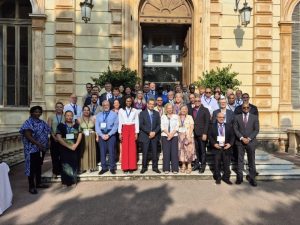
Participation of the Secretary-General of the PERSGA in the Twenty-Fourth …
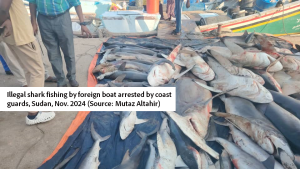
National Consultative Committee to discuss “the National plan of Action …
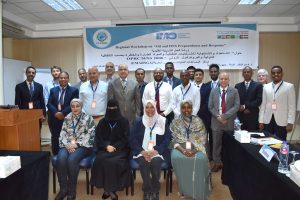
PERSGA and IMO Strengthen Regional Preparedness for Oil and HNS …
